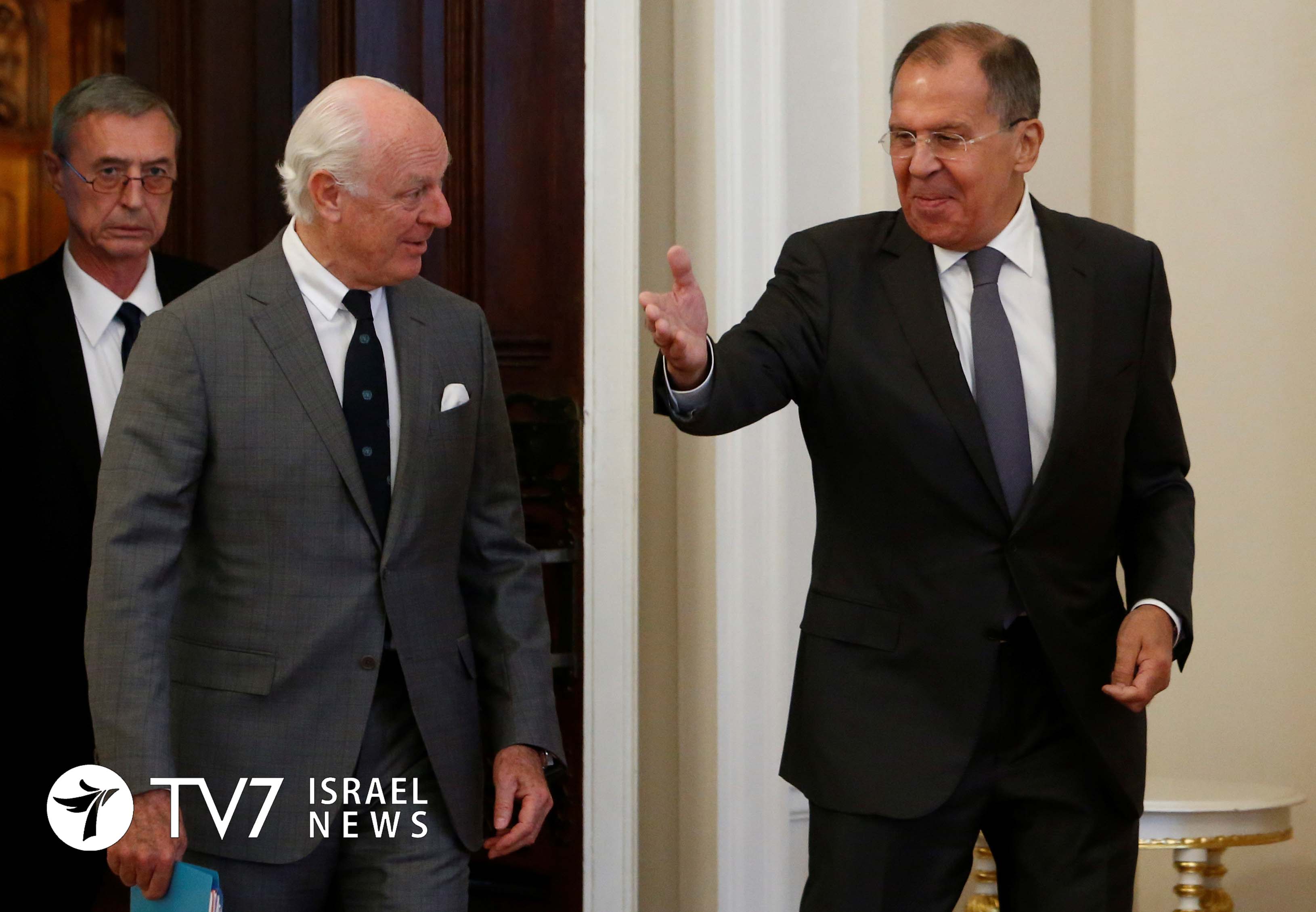The United Nations special envoy for Syria Staffan de Mistura met with Russian Foreign Minister Sergei Lavrov, to discuss the situation in the war-torn country. Lavrov said it was important to concentrate on cooperation in finding a political settlement to the Syrian crisis, to prevent it from becoming “a permanent source of threat threats.”
“I think that the most important thing now is to ensure that all the efforts taken by different players, both inside Syria and around it, are harmonized and aimed at achieving the result that would ensure the sovereignty of the Syrian state, the rights of all ethnic and religious groups that live there, and that would ensure the security of the whole region and prevent Syria from becoming a permanent source of terrorist threats,” said Lavrov.
De Mistura, who is in Moscow for the third time this year, said Russia played an important role in helping find a political solution to the conflict, while stressing that the peace talks in Astana, which are brokered by Moscow, and Geneva, which are brokered by the United Nations, were “closely interconnected”.
“We want to share together all our thoughts about the next round of Geneva talks and how the Astana discussions will be in a way connected and connectable both, since without a good de-escalation process the Geneva talks will be difficult, but without the Geneva progress there will be no horizon (for peace) so they are very closely interconnected,” said de Mistura.
During his visit to Moscow De Mistura is also scheduled to meet with Russian Defense Minister Sergei Shoigu for talks on the de-escalation efforts in Syria, as well as the humanitarian assistance. Since the beginning of the Syrian conflict, more than half a million have been killed. The war also created, according to the United Nations, the worst humanitarian crisis since world war two.
